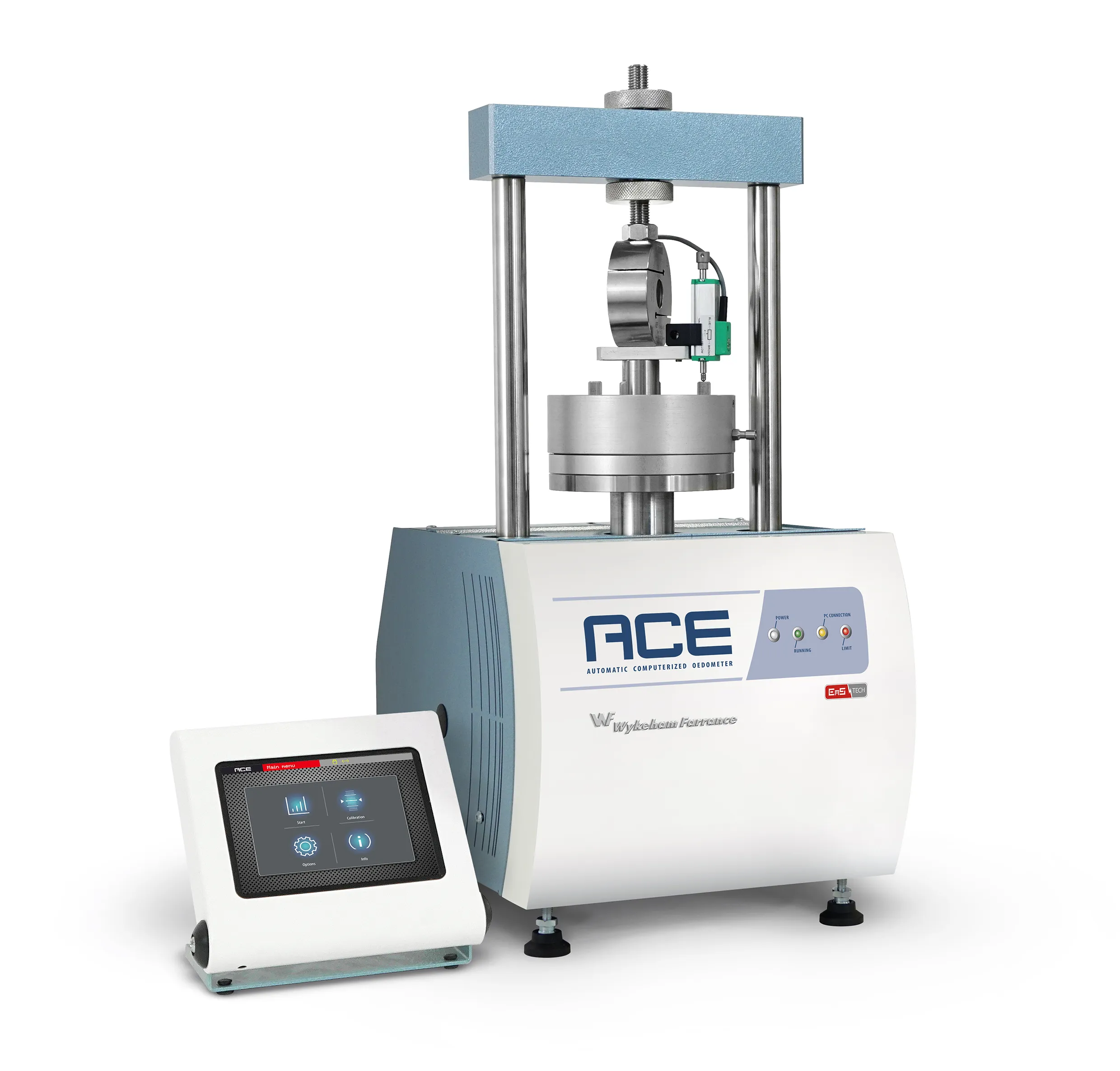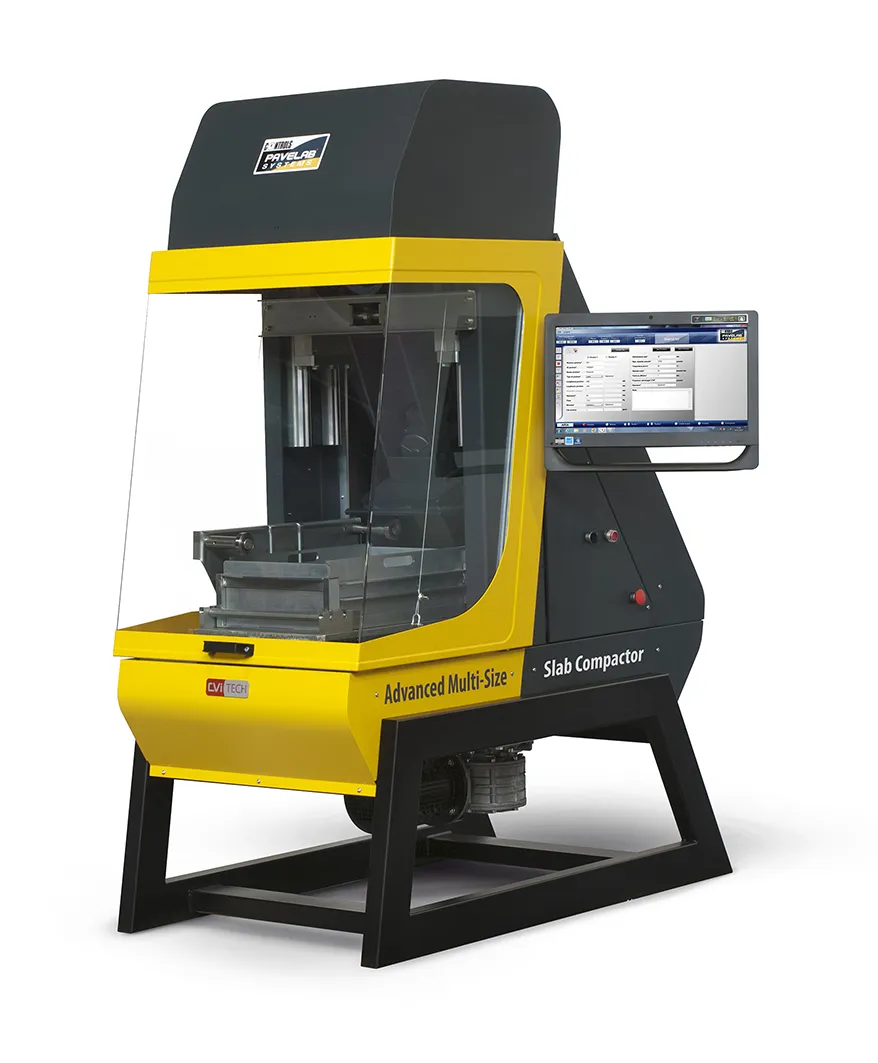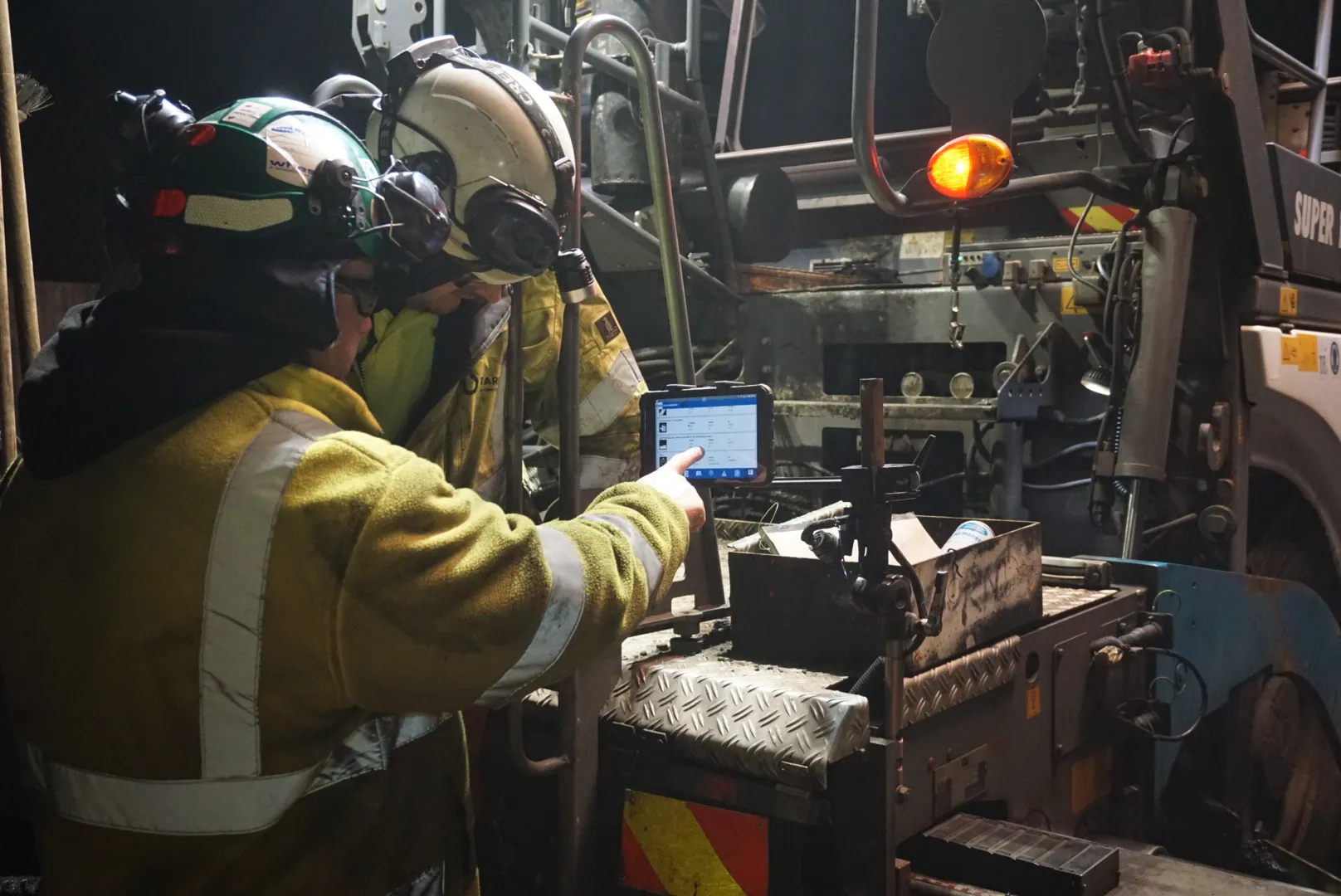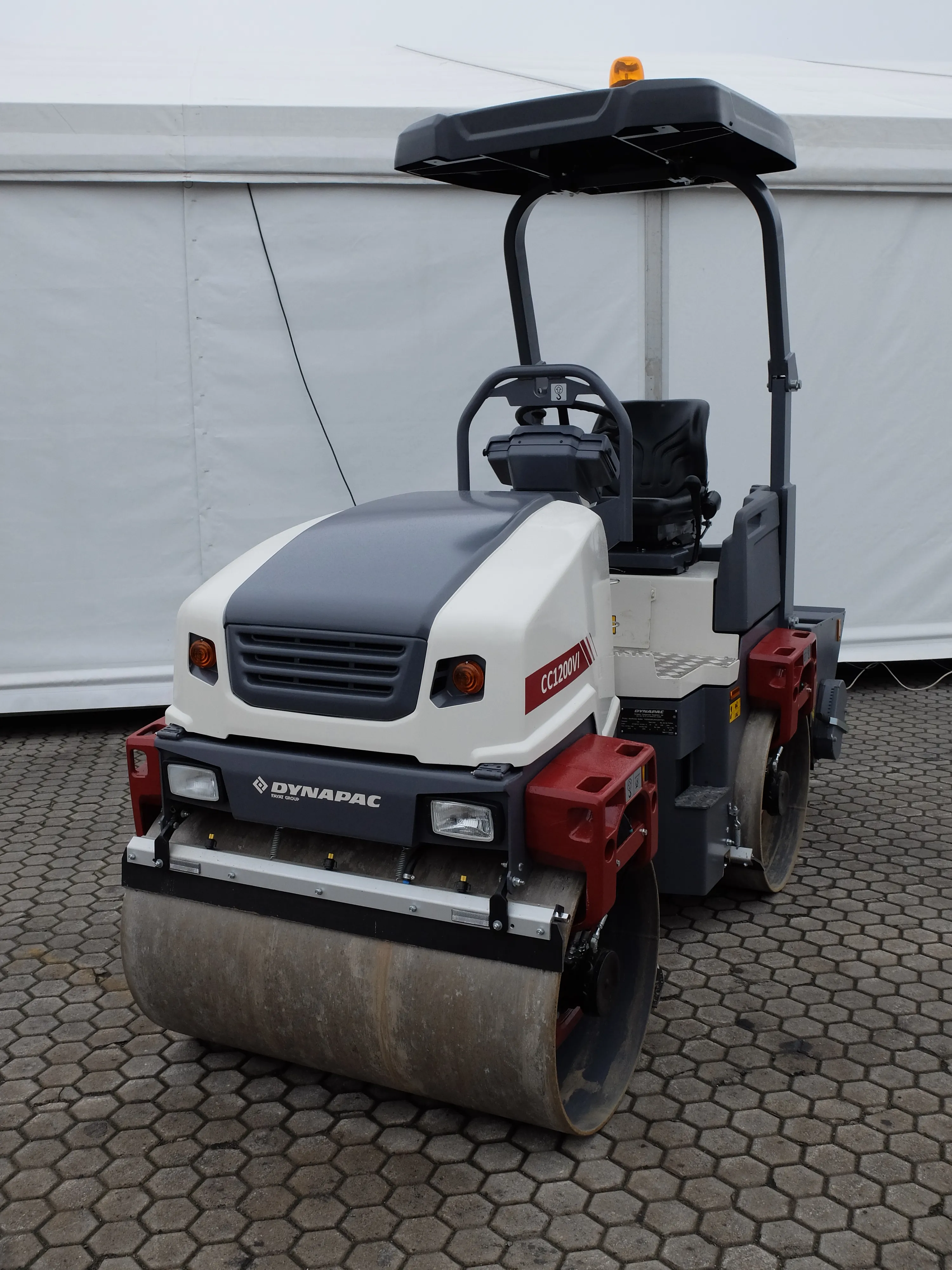
The ACE EmS is an advanced automatic computerised oedometer that features a fully automatic PC-controlled completion of the consolidation test. It can offer user-programmable Oedometric incremental loading consolidation or swelling tests with precise increments of vertical load (stress), providing reliable results easily and practically.
The SHEARMATIC EmS is a standalone automatic machine with electromechanic servoactuation for direct/residual shear testing. The system can also automatically perform the Oedometric Consolidation tests using dedicated accessories.
The HYDROMATIC EmS is said to be the ideal compact solution for water pressure source and volume change control. Operated by a touch screen display mounted on an ergonomic and versatile support, the unit can be used for all triaxial testing requirements according to the firm.









